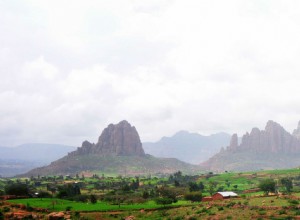TheNorth Atlantic Treaty Organization (NATO) is a political and military collective defense alliance founded on April 4, 1949 by the North Atlantic Treaty. It was born in the climate of the Cold War, and is intended to discourage any aggression by the USSR by assuring the countries of Western Europe




